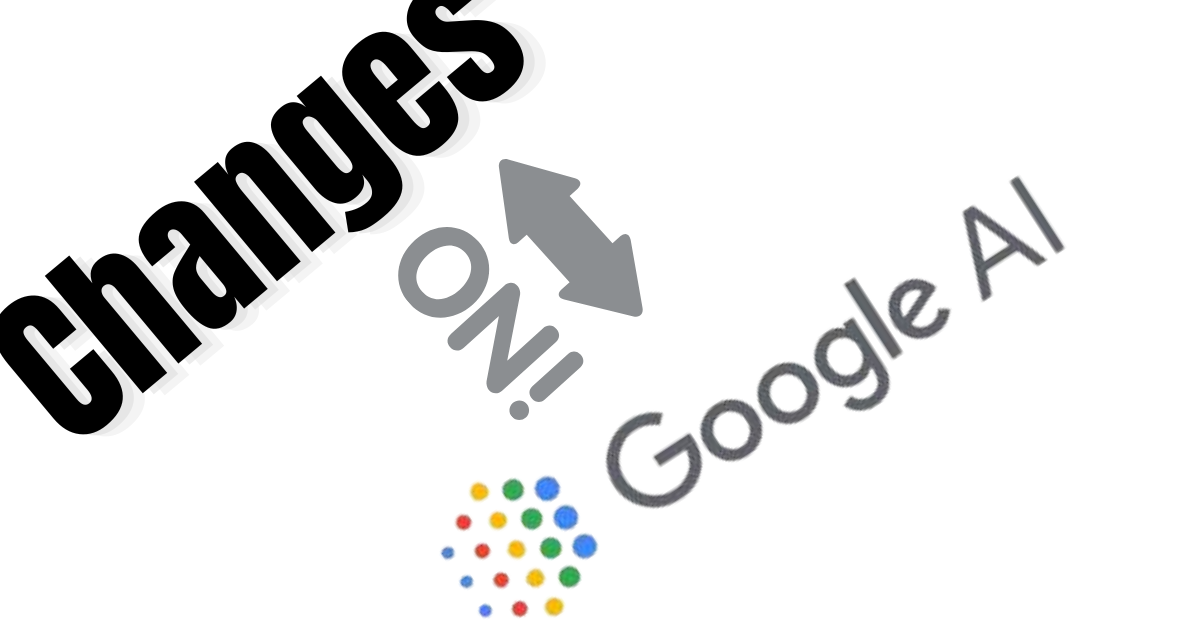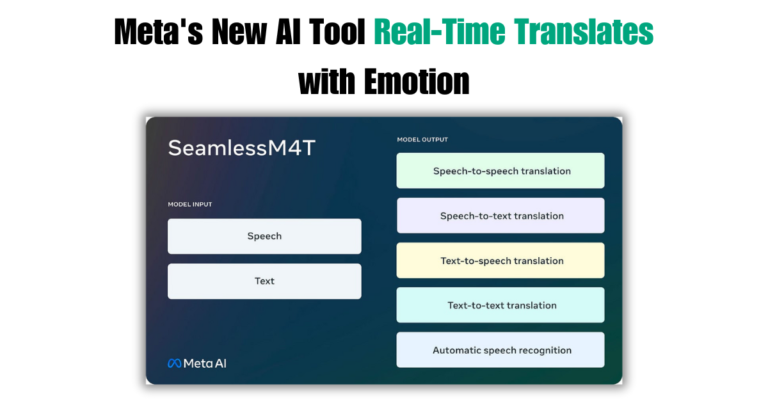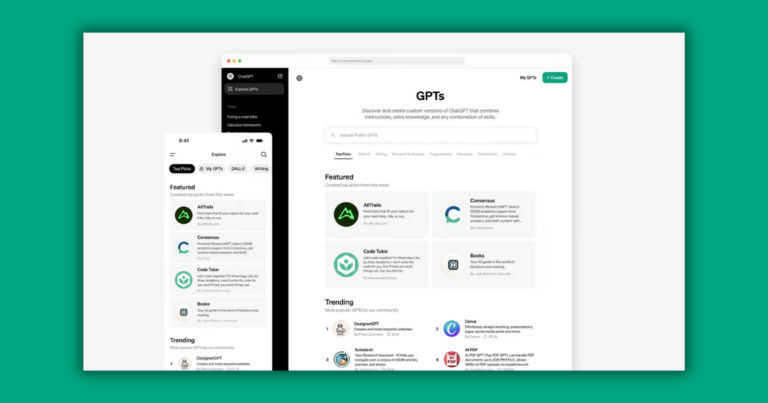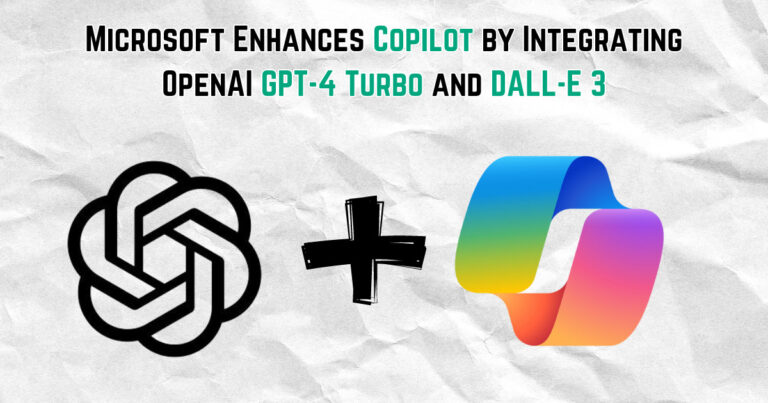Changes in Googles Responsible AI Team

Google has recently made some notable changes to its internal AI ethics team. This team, known as the Responsible Innovation team or RESIN, plays a crucial role in ensuring that Google’s AI projects align with ethical standards and principles.
RESIN was previously part of the Office of Compliance and Integrity within Google’s global affairs division. It was responsible for reviewing internal projects to ensure they complied with Google’s AI principles.
These principles are guidelines that dictate how AI technology should be developed and used, emphasizing benefits to people and avoiding applications in weaponry or anything that undermines human rights.
In 2023, RESIN conducted over 500 reviews, including for Google’s Bard chatbot. However, the team’s future became uncertain when its leader, Jen Gennai, left her role. Following her departure, the team of about 30 people was split into two groups.
Some members remained in their original team, while others were transferred to the trust and safety team, which also resides in the global affairs division. This restructuring has raised questions among some employees about how AI principles reviews will be handled moving forward.
Google spokesperson Brian Gabriel stated that this change is a part of Google’s commitment to responsible AI development. By integrating the Responsible AI team into the trust and safety efforts, Google aims to strengthen and scale its responsible innovation work across the company.
The reshuffling of RESIN comes at a time when Google is focusing on competing in the rapidly evolving field of generative AI. The company has been known for frequently reorganizing its teams, but RESIN had remained largely untouched since its inception.
The recent changes, including the departure of key members like Sara Tangdall, who joined Salesforce, have led to concerns among some employees about the pace of product development and the potential for ethical oversights.
Google’s commitment to responsible AI development has been a key focus, especially after internal protests against a Pentagon contract called Project Maven, which used Google algorithms for analyzing drone surveillance imagery. The AI principles, which RESIN was tasked with upholding, were introduced following these protests.
As Google navigates the challenges of a new AI boom and shifts in consumer preferences, the restructuring of its AI ethics team marks a significant moment in the company’s approach to balancing rapid innovation with ethical considerations.






